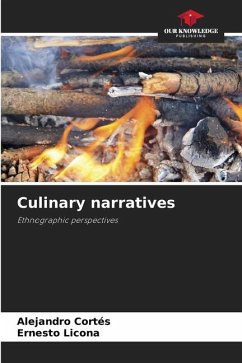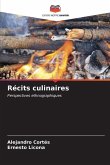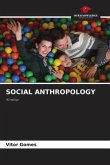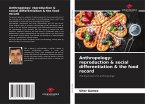Recently, the social sciences have shown an interest in the narratives and stories of individuals and social groups, which is why this inclination has been called the "narrative turn". It is based on the assertion that narratives are part of social life and that they allow us to understand the meaning that people give to their lives, in addition to highlighting the more structural social elements that redefine them (Sparkes & Devís, 2018). Thus, narratives are an important theoretical-methodological way to spell out identities, belongings, distinctions, ritualisations or other social processes associated with culinary spaces and in particular the ways of preparing and consuming food in a given context. This introductory study aims to contribute to the construction of a model for analysing narratives of culinary spaces as structural situational accounts that reveal forms, contents, functions, actions and social structures of ethnographically understood culinary events, as well as a conceptual framework for the texts presented in this book.








